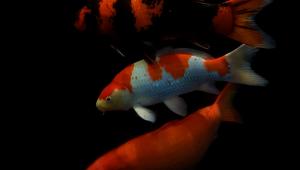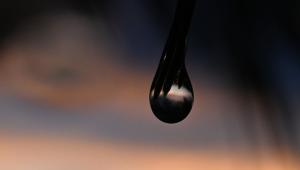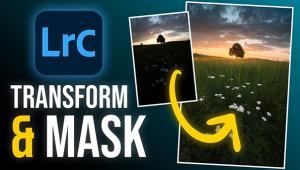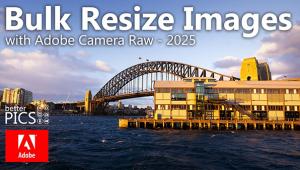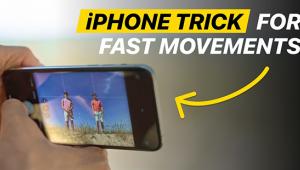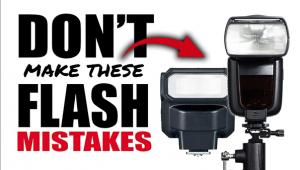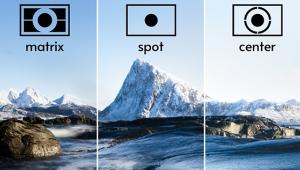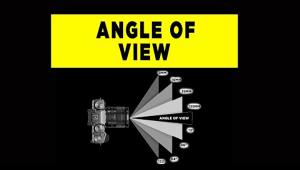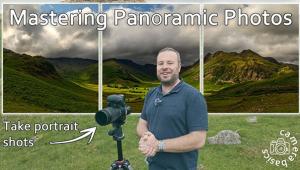The Samsung SyncMaster 244T And 214T LCD Displays; Sometimes Bigger Is Better
Not long ago the last of the 21/22" quality graphic CRT monitors disappeared
from the marketplace and a new era of LCD displays came into play. For many
doing digital photography editing it was a new and unfamiliar world. It became
a particular challenge because many of the models were configured and targeted
at a market that is distinctly different from digital photography requirements.
Whether CRTs of the past or the current LCD displays, all are derived from what
is designed primarily for television reproduction. In other words, without the
much larger TV market, monitors/displays for computers might not even exist
as we now know them. What is even more of a challenge to photographers is that
we are a small niche, a little, distinct fraction of the main computer user
marketplace. And what works best as an ideal display for general home/office
applications in some ways is a disadvantage to photographers running Photoshop
and similar editing programs.
244T |
|
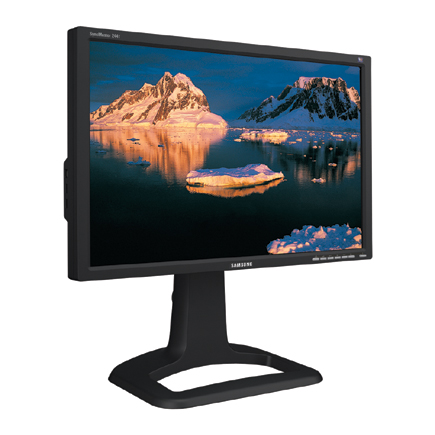 |
|
214T |
|
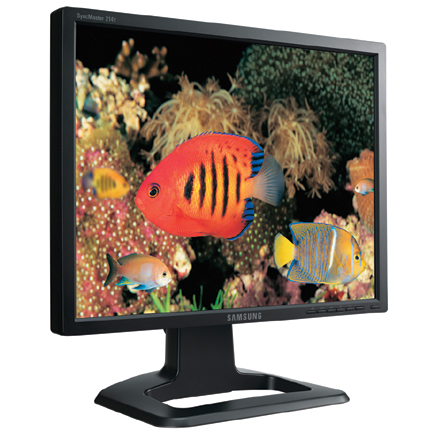 |
|
|
CRTs Vs. LCDs
Unlike CRTs, which were inherently limited in brightness and contrast, the LCD
display is driven internally by a backlight that can provide twice as much or
more brightness. And in the home/office environment, the brighter the better.
The same goes for contrast, which is a product of the screen design and construction,
which really amounts to a very elaborate way of filtering and diminishing brightness
with little electronic valves the size of each pixel at native resolution. And
again, the contrastier the better for home/office use. But to display the values
in a digital photographic image, the perceptual values on screen must allow
an effective perception of both highlight and shadow values. This should allow
a photographer to see and evaluate detail and relative densities as they can
be reproduced in a photographic print.
A photo print is quite different than a display. The display reproduces images
with light coming through the screen; a print reflects light differentially
between the maximum of paper white and the maximum density ink can produce on
paper. That is a much shorter scale of differences than a typical LCD computer
display produces, but was very close to the range of brightness CRTs reproduced.
Color Gamut |
|
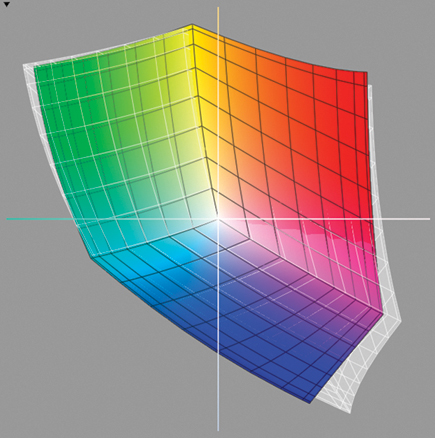 |
|
|
Is the answer to make an LCD that is throttled down to the performance levels
of a CRT, thus useable by photographers? No, as that does not really work to
any advantage. But with enough adjustment range you can create a balance of
contrast and brightness to accommodate photographic requirements. In addition,
the range of colors an LCD displays, or its color gamut, should also be similar
to what the best pro-graphic CRTs were capable of displaying, which was fairly
close to what can be reproduced in a high-quality color print.
It was in this mindset that I approached the recently announced LCD displays
from Samsung, the SyncMaster 214T and 244T. I tested the 244T 24" model,
the 214T being the 21" model and comparable in features and performance
to the 244T. Both offer the same wide range of adjustability with Samsung's
MagicTune, MagicBright, MagicColor, MagicContrast, MagicSpeed, and MagicRotation
technology. Both provide a high level of solid physical build, a slim bezel,
and a substantial stand that adjusts for height, tilt, and angle, as well as
180Þ rotation (so the display can be used in portrait mode). The suggested
price at the time of the release of the models was $1699 for the 244T and $859
for the 214T. As I write this prices can be found as low as $1370 for the 244T
and $684 for the 214T.
Screen Real Estate |
|
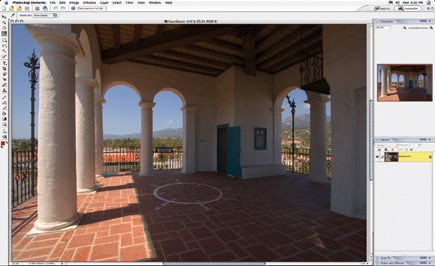 |
|
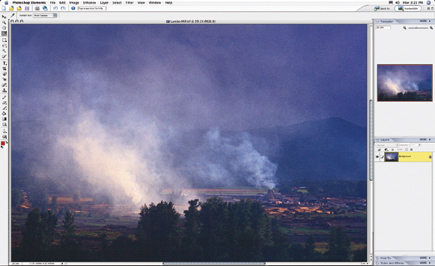 |
|
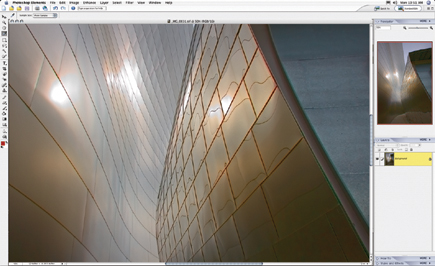 |
|
|












